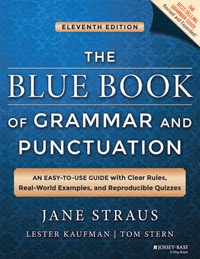1. Dictionary
There are many good dictionaries, but if you write period pieces an etymological dictionary is a must.
My favorite is the online dictionary.com for American usage.
According to Wikipedia "Dictionary.com,
one of the leading online
dictionaries, was founded in 1998 by Brian Kariger and Daniel Fierro,
as part of Lexico Publishing, which also included Thesaurus.com and
Reference.com. The proprietary content for the site is based on the
Random House Unabridged Dictionary,
with other licensed content from the Collins English
Dictionary, American
Heritage Dictionary and others."
If you look way down toward the bottom right in small print you will find links to medical terms and abbreviations to all sorts of things including a medical term dictionary. There is also a dictionary of abbreviations and slang. Their description says, "The American Heritage Abbreviations Dictionary provides simple
descriptions of acronyms and shorthand from many areas of life,
including computer science, sports, social media, conversation and
industry. Entries include explanations of the context of abbreviations
as well as the direct meaning."
2. Thesaurus
3. Grammar and punctuation
 An excellent resource is The Blue Book of Grammar and Punctuation. (http://www.grammarbook.com/) Being online is plus for rapid retrieval of the needed information. There is nothing wrong with Elements of Style
by E.B. White, William Strunk, Jr., and there are others.
An excellent resource is The Blue Book of Grammar and Punctuation. (http://www.grammarbook.com/) Being online is plus for rapid retrieval of the needed information. There is nothing wrong with Elements of Style
by E.B. White, William Strunk, Jr., and there are others.
4. The Chicago Manual of Style
This is the writers' and publishers' bible as to how a written work should look and feel, in use since 1906.
A foundation is the supporting structure.
If faulty, everything built upon it will be weak and defective. Choose well. The other consideration is accessibility. A book on the shelf is handy and often can be better for in-depth research, but online resources can thumb through all the entries with incredible speed to locate needed information quickly. I have both because 1) I grew up with physical books and know the worth of seeing adjacent entries to a specific question. That is something electronic databases don't always do. 2) I travel to research. Although I have a lightweight computer, with the attending paraphernalia, the backpack weighs upwards of twenty pounds. It would be impracticable as heck to haul those around, too. As the old knight in Indian Jones admonished, "Choose wisely."





No comments:
Post a Comment